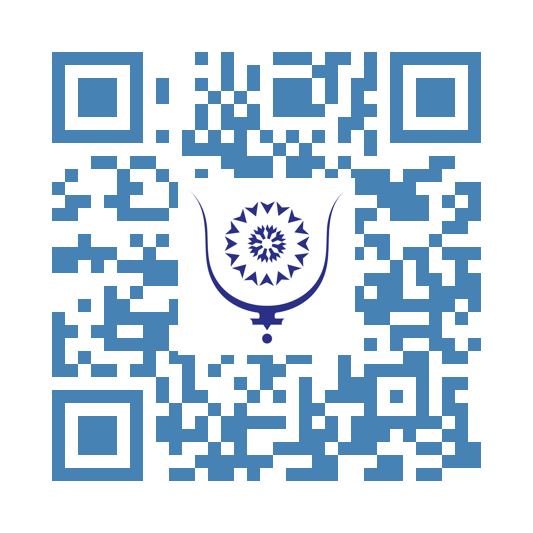What I Learned in 2024 During My PhD (Beyond Academia) 8295
When people ask what I’ve learned during my PhD, they usually think it’s all about science—reading papers, running experiments, gathering data. But honestly? That’s barely 20% of what I’ve learned this past year. The real lessons have nothing to do with lab work.
It’s more about how you plan. I’ve learned to pause, think things through, and focus on long-term goals. Not everything needs a fast answer, and not every problem needs to be fixed right away. The best decisions come when I keep my emotions in check and focus on strategy.
Waiting is tough. Progress can be painfully slow. But I’ve learned that good things take time. Getting frustrated doesn’t help—staying calm does.
Spending hours working alone makes you figure out who you really are—what motivates you, what stresses you out, and how much you can handle before you reach your limit. Some tasks felt pointless—reading papers I wasn’t excited about or presenting when I wasn’t ready—but those things made me better. The things I dreaded the most taught me the most.
I’ve also realized that communication is about more than speaking—it’s about making people understand. Breaking down complex ideas is just as important as knowing them. How you explain things shapes how people see your work. And thinking critically isn’t just for science—it helps you understand the world better, question things, and spot what others might miss.
I stopped waiting to feel “ready.” Confidence doesn’t come from knowing everything—it comes from showing up, trusting what you’ve learned, and getting better each time. I’ve also started thinking of my future like a game of chess—every move counts. Emotional decisions don’t last, but careful ones do.
I’ve learned you can’t force your way through everything. Sometimes, you need to know when to speak, when to listen, and when to take a step back. Being diplomatic doesn’t mean you’re weak—it means you’re smart enough to handle things without making everything a fight.
These lessons weren’t in any textbook. They came from real moments—the tough ones, the quiet ones, and the ones that felt overwhelming. It’s more than learning skills—it’s understanding yourself and becoming stronger with every step forward.
Still, you don’t have to figure everything out alone. When you seek advice from someone who knows you and genuinely wants you to grow, you can skip some of the slow, painful steps. They help you see blind spots and make your process faster and smoother.



